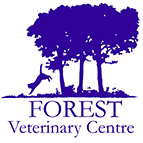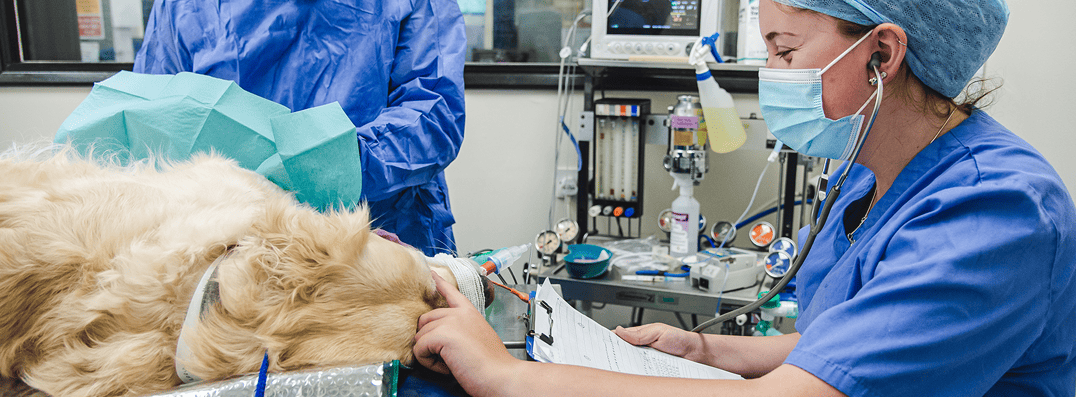We have two surgical theatres in our Epping hospital and are equipped to carry out a variety of first opinion and referral procedures. At Forest Vets, all branches will conduct routine surgeries but may refer to the hospital for more complex cases.
Your pet will be admitted by a vet or nurse in the morning before settling into their own kennel. They will be given a mild sedative as a pre-medication before the anaesthetic itself to help keep them calm and provide a smooth anaesthetic. After recovery they will monitored by the inpatient nurse, who will check they are recovered enough to go home and contact you with a discharge time.
Occasionally we may recommend keeping patients in overnight for additional monitoring and analgesia. On discharge, the nurse will go through any special post-operative instructions and medication with you.
Soft tissue surgery
All branches will routinely carry out neutering procedures, mass removals, wound stitch ups and other procedures.
We also offer more complex procedures such as BOAS surgeries, laryngeal tiebacks, tendon repairs, total ear canal ablations, nephrectomies, liver lobectomies and adrenalectomies.
Sometimes biopsies will be taken using a surgical technique rather than endoscopically or laparoscopically. These options will be discussed with you prior to surgery.
The procedure and associated risks and aftercare will be discussed with a veterinary surgeon before surgery or on admission. You will be called when your pet is recovered from the anaesthesia with an update and further plan.
Orthopaedic surgery
Our senior surgeons at Epping regularly carry out orthopaedic surgeries, including cruciate surgery, fracture repairs (internal and external fixation), spinal surgeries for disc disease, PAUL surgery, total hip replacements, ligament surgeries and arthrodesis.
We have experienced surgeons, extensive orthopaedic equipment and nurses with additional training to facilitate these operations.
The procedure and associated risks and aftercare will be discussed with a veterinary surgeon before surgery or on admission. You will be called when your pet is recovered from the anaesthesia with an update and further plan.

